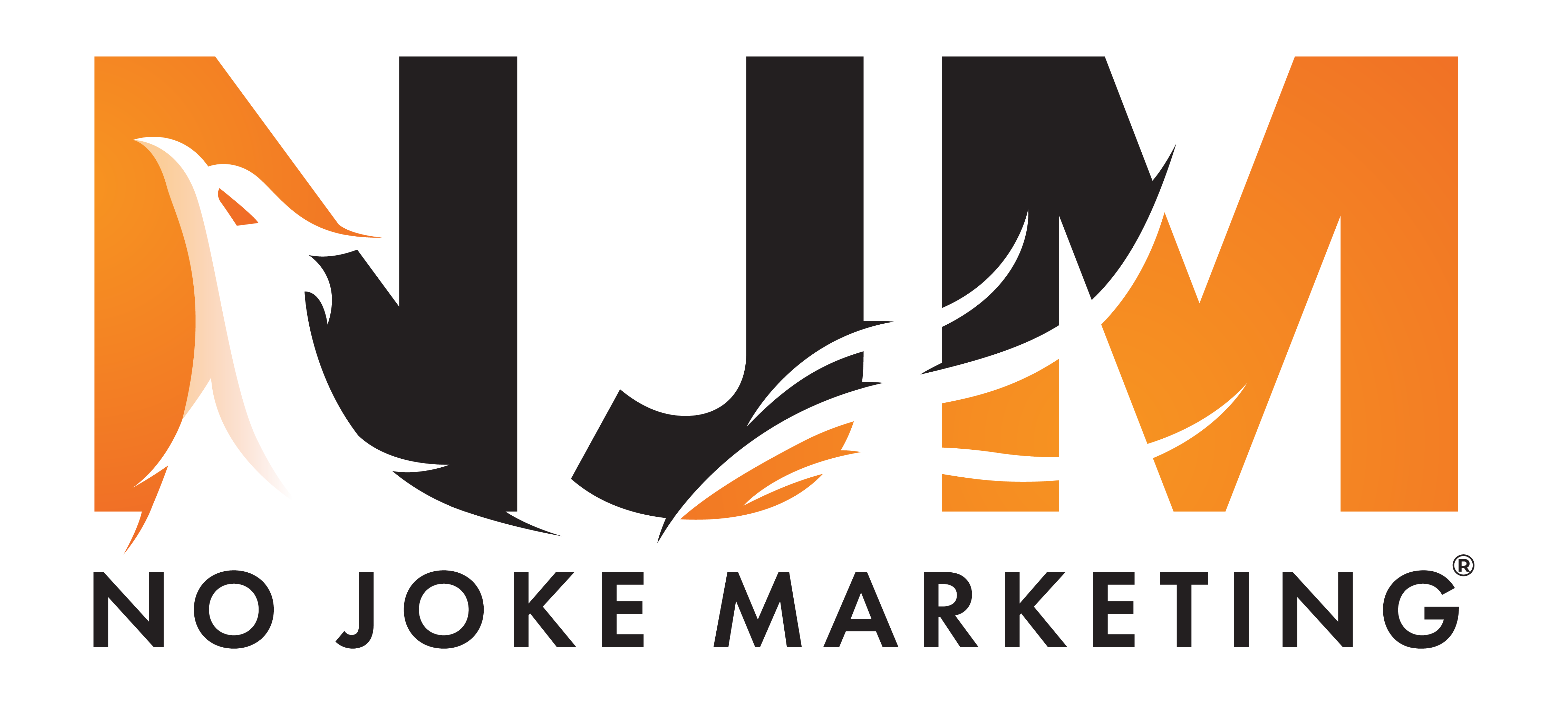A marketing plan is an essential element of your overall business strategies. It is designed to determine your ideal target market and to help you develop a step-by-step plan needed in order to achieve your goals. By definition, a marketing plan is a strategic document that outlines and details your organization’s niche and target markets, objectives, campaigns, and programs designed to achieve your business goals, and resources and timescales to be utilized according to your allocated and defined budget.
A marketing plan needs to be strategic, and it should be the focus of your actions over the coming weeks and months. Keep in mind, however, that you should also be willing to adjust, redirect, or enhance your plan based on the outcomes and which strategies prove to be successful or not.
Here are some key components required to help you create an effective marketing plan:
1. Organizational/Business Goals
Regardless of the type of organization you run — non-profit, for-profit, large or small — it is always necessary to clearly outline your goals as you define your business. Clear goals give businesses a purpose and reason to thrive. Each goal must directly impact a business’s core existence and may come in various forms, such as:
- Growth in sales revenue
- Growth in customer lifetime value
- Increase in leads and clients
- Growth in applications and enrollments (for child care centers, for example)
The list could go on, depending on the type of business you have. Your goals will vary.
2. Market Research
Knowing about the industry’s latest trends, your competitors, and what kinds of things currently appeal to your target market are vital in designing a solid marketing plan. Some areas you need to consider include:
- Current sales in the industry
- Products — what are the latest offerings in the market right now, and what are your competitors are selling/offering?
- Market patterns and dynamics, including seasonality
- Benchmarks in your industry
- Target audience — market segment, demographics, market needs, purchase-decision powers
- Suppliers — vendors and third-party manufacturers on whom you may need to rely
3. Mission Statement
Your organization’s mission statement addresses the question of “What are you trying to accomplish and why?”
Basically, your mission statement is all about what you are trying to do, and why you want to do it. Normally, mission statements and vision statements are already part of your primary business planning process, so you can simply include it in your marketing plan.
A mission statement is the foundation of your marketing plan. While it may not play a direct role in any of your marketing campaigns and activities, a carefully laid-out mission statement provides focus to help guarantee that your programs and activities support your organization’s overall vision and goals. If you ever find yourself starting to have doubts or questions about whether you’re still on the right track, your mission statement is a very helpful tool to which you can refer.
4. Market Strategies
Another important element of an effective marketing plan includes market strategies. List down all the marketing promotions, campaigns, and strategies that you want to use, or at least are considering or using. For example, some strategies may include:
- Direct marketing — brochures, flyers, sales letters
- Advertising — directories, print media
- Networking
- Website
- Press releases/publications
- Training programs/webinars to increase brand awareness
- Blogs — give advice, write articles, be known as an expert in your industry
- Direct/personal selling
5. Marketing Budget
Of course, there will always be free marketing options, but they are limited. Some areas of your marketing strategy, such as an email list provider or website hosting, may not be free. With this in mind, you have to include a budget as part of your marketing plan. How much money will you spend, and on what? A marketing budget plan will list the breakdown of all costs related to marketing, and this should include unexpected costs you may incur as you begin your marketing activities.
Sadly enough, not all businesses can be extravagant when it comes to a marketing budget. Many small businesses have limited funds, so ideally, creating a budget-friendly plan is also essential.
You can create an overall annual budget, but you must also have a breakdown of budgets allocated per month. That way, you can easily track and monitor results, and modify the plan accordingly, which allows you to focus on those campaigns that generate a higher return on investment.
Remember, the success of any small business starts with good planning. There are no shortcuts to reaching your ultimate goals, and there are several crucial elements and factors you need to consider before you can call your plan a complete success. Even with a proper marketing strategy, it is still important that you are ready to invest your time, patience, effort, motivation, and finances in order to achieve your goals.
To learn more about creating an effective marketing plan and how to keep your business afloat, get in touch with us at No Joke Marketing.





